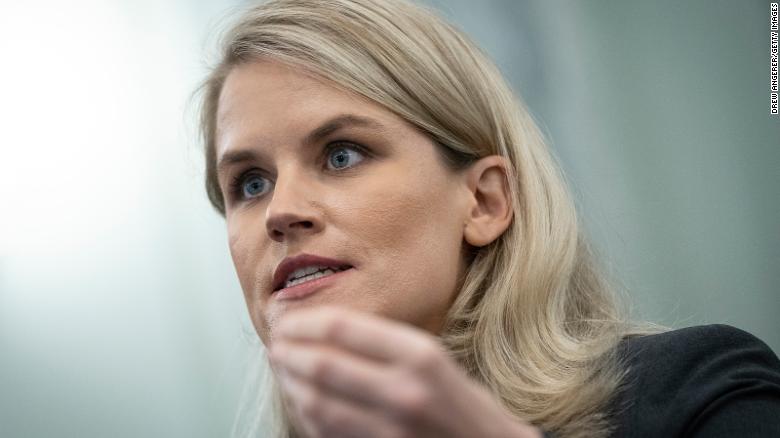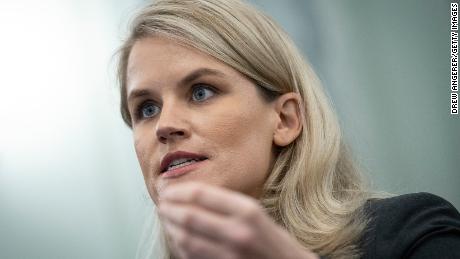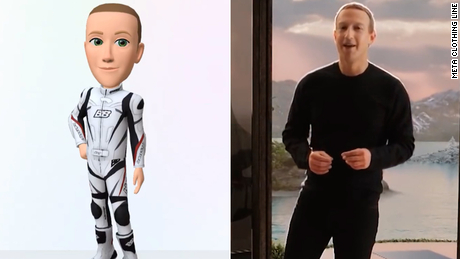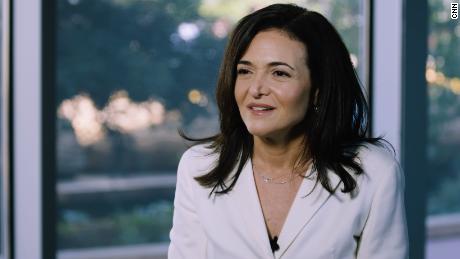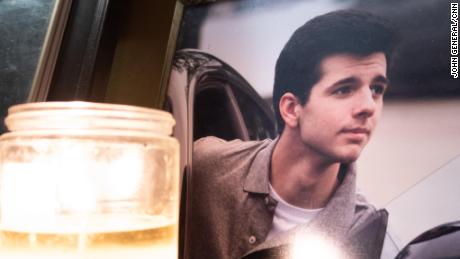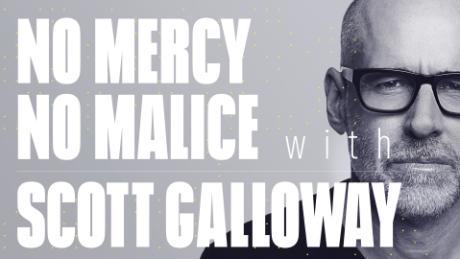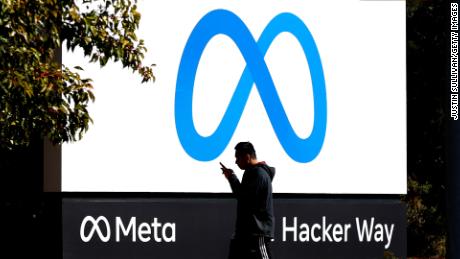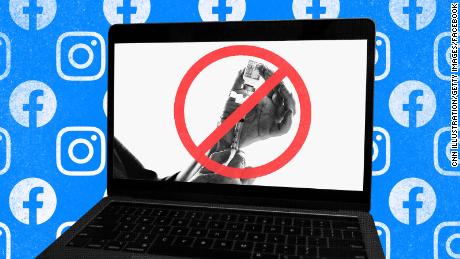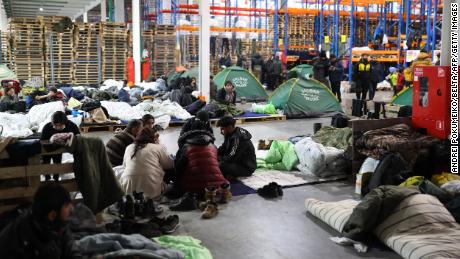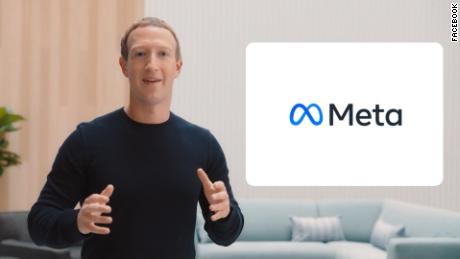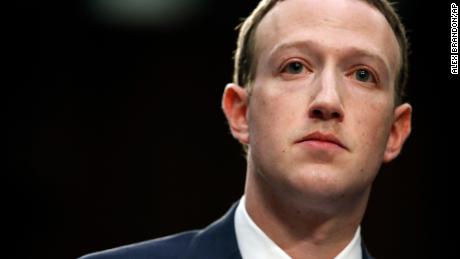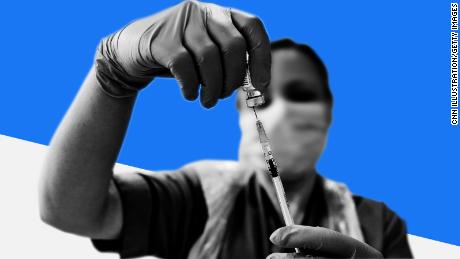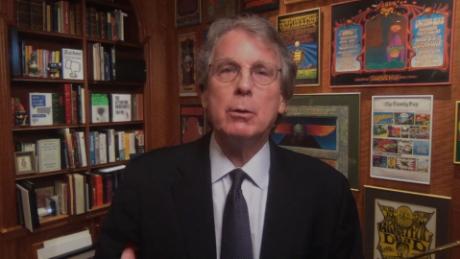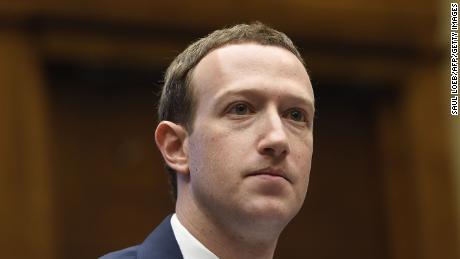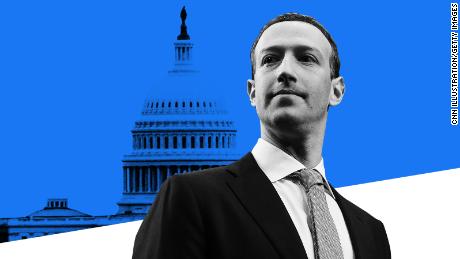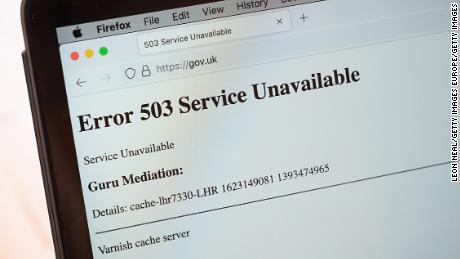New York (CNN Business)Around six hours after Facebook, WhatsApp and Instagram went down, service started coming back online, though coverage was still spotty.
Facebook (FB), Instagram and WhatsApp all suffered outages midday Monday, according to public statements from the three Facebook services.
Outage tracking site Down Detector logged tens of thousands of reports for each of the services. Facebook's own site would not load at all; Instagram and WhatsApp were accessible, but could not load new content or send messages.
The outage came amid mounting difficulties for the company.
At a Senate hearing on Sept. 30, Sen. Richard Blumenthal pressed Facebook global head of safety Antigone Davis on Facebook-owned Instagram and the platform's potential negative impact on children, particularly young girls.
On Sunday, "60 Minutes" aired a segment in which Facebook whistleblower Frances Haugen claimed the company is aware of how its platforms are used to spread hate, violence and misinformation, and that Facebook has tried to hide that evidence. Facebook has pushed back on those claims.
The interview followed weeks of reporting about and criticism of Facebook after Haugen released thousands of pages of internal documents to regulators and the Wall Street Journal. Haugen is set to testify before the Senate subcommittee on Consumer Protection, Product Safety, and Data Security on Tuesday.
In her prepared testimony obtained by CNN on Monday ahead of her appearance before the subcommittee, Haugen said, "I came forward because I recognized a frightening truth: almost no one outside of Facebook knows what happens inside Facebook."
Concerning the outage, Facebook VP of infrastructure Santosh Janardhan said in a statement Tuesday morning that it wanted to "make clear" there was "no malicious activity,"
The fact that Facebook, Instagram, and WhatsApp all experienced significant issues for around six hours was a major event for many users.
"I don't know If I've seen an outage like this before from a major internet firm," said Doug Madory, director of internet analysis at network monitoring firm Kentik.
For a lot of people, Madory told CNN, "Facebook is the internet to them."
Firms sometimes lose internet connectivity when they update their network configurations, Madory said. That's what happened in June to Fastly, a US cloud computing firm, which experienced a global internet outage for about 50 minutes.
But the fact that a company of Facebook's size and resources was offline for around six hours suggests there was no quick fix for the issue.
Facebook tweeted just after 6:30 pm ET that its apps and services were beginning to work again.
"To the huge community of people and businesses around the world who depend on us: we're sorry," it said. "We've been working hard to restore access to our apps and services and are happy to report they are coming back online now. Thank you for bearing with us."
Later Monday, Santosh Janardhan, Facebook's VP of infrastructure, released a statement saying the company was "sorry for the inconvenience caused by today's outage across our platforms."
"Our engineering teams have learned that configuration changes on the backbone routers that coordinate network traffic between our data centers caused issues that interrupted this communication. This disruption to network traffic had a cascading effect on the way our data centers communicate, bringing our services to a halt," Janardhan said.
Janardhan said the company has "no evidence that user data was compromised as a result of this downtime."
Earlier, multiple security experts quickly pointed to a Domain Name System (DNS) problem as a possible culprit. Around 1 pm ET, Cisco's internet analysis division ThousandEyes said on Twitter that its tests indicated the outage was due to an ongoing DNS failure. The DNS translates website names into IP addresses that can be read by a computer. It's often called the "phonebook of the internet."
More than four hours after the outage started, Facebook CTO Mike Schroepfer tweeted: "We are experiencing networking issues and teams are working as fast as possible to debug and restore as fast as possible."
As services began to come back online, Facebook CEO Mark Zuckerberg posted to his Facebook page.
"Facebook, Instagram, WhatsApp and Messenger are coming back online now," he wrote. "Sorry for the disruption today -- I know how much you rely on our services to stay connected with the people you care about."
